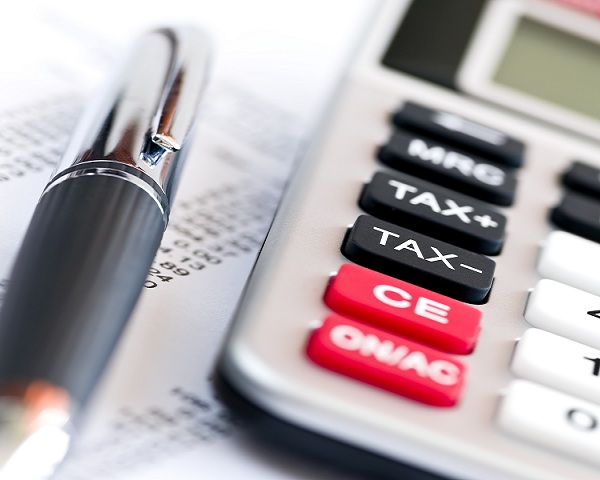The Ideal Financial Calculator
Calculators have always been associated with math, and years ago, in the world of finance there has never actually been a calculator designed to meet the specific needs of finance workers and students. People who needed help with financial calculations never thought of buying financial calculators because simply, such thing did not exist. And as modern technology advances forward, so do calculators. Today there is a wide palette of financial calculators to choose from, featuring all sorts of good, helpful options. And in a world of countless options for financial calculators, how do you pick the ideal one for you? Easy, just get familiarized with the basic features that make a good financial calculator while having in mind your own needs.

Firstly, know the purpose of a financial calculator; you can do basic calculations with it, but that is definitely not the point of it. Plus, if it was just about basic calculating, you would definitely not spend that much money on a financial one right? In the world of finance, you are bound to face calculations such as mortgage rates, loan information, return on investment and a lot more in the spectrum of economic calculations. Bottom line, if you are in the field of accountancy, finance or banking, you’d definitely need to consider buying financial calculators. The field of financial information and economic calculations is wide, which means a financial calculator would be helpful in many areas:
- for figuring out insurance costs, monthly payments and returns;
- in order to know how much your monthly loan payment is;
- interest rates on saving – so you can know how much to expect in the end of the month or year;
- for determining the return on investment rate if you have made or are thinking about making some investments;
- making financial plans like college, university studies or similar;
- calculating taxes for your home or company;
- mortgage payments and much more.
In addition to this, a financial calculator has a lot of other useful functions, which normally take a lot of calculating. These include:
- Time value of money – one of the basic things that everyone who works with money must know is how to calculate the profit gained by a given amount of interest over a given period of time. For example, if you put $1,000.00 in the bank today with an interest rate of 10% a year for a period of 10 years, at the end of the 10th year you would have 10*$1100 (that of course, if the interest rate was fixed each of the ten years). That is how much your $1,000.00 today will be worth in 10 years.
- Amortization is among the most basic financial terms and as such, not just economists and workers in finance, but everyone should be familiar with it. It refers to the decreasing amounts over a given period of time. It generally refers to intangible assets.
- Depreciation as opposed to amortization, refers to tangible assets and means decrease in value.
- The break-even point is the point at which the revenue and the costs are the same. This is also the so called ‘zero-point’ of a business below which a business’s activities must not fall. A break-even analysis is a must if you want to have a clear view on where your business stands.
- Internal rate of return (IRR) is useful when you compare the profitability of investments. Mainly used in capital budgeting, this calculation can be very complex without using a financial calculator since it uses the total number of periods and the net present value of the investment.



